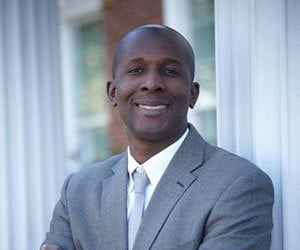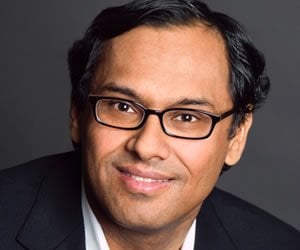Physician burnout is a widely discussed topic among practicing physicians and public health researchers. Many studies have been done showing the implications of burnout on patient satisfaction, career satisfaction, and care outcomes. A few studies even try to measure the dollar cost of burnout to society. However, very few articles appear to address the impact of physician burnout on one very important demographic in medicine: future physicians. Future physicians, such as residents and medical students, are molded by the doctors who come before them. The prevalence of physician burnout is likely to affect the outlook future physicians have regarding their own careers and the possibility of them experiencing their own burnout as well.
Background
Physician burnout in the United States is becoming more common. According to one recent study, roughly 45% of physicians reported feeling signs of burnout, an increase from 39% in a study conducted in 2013. Put another way, nearly 1 out of every 2 physicians has experienced burnout or will in the future.
Q&A with Physician-Author with Michael Collins, MD
Tell me about yourself – who you are, what you do, where you practice. I … Read more




















